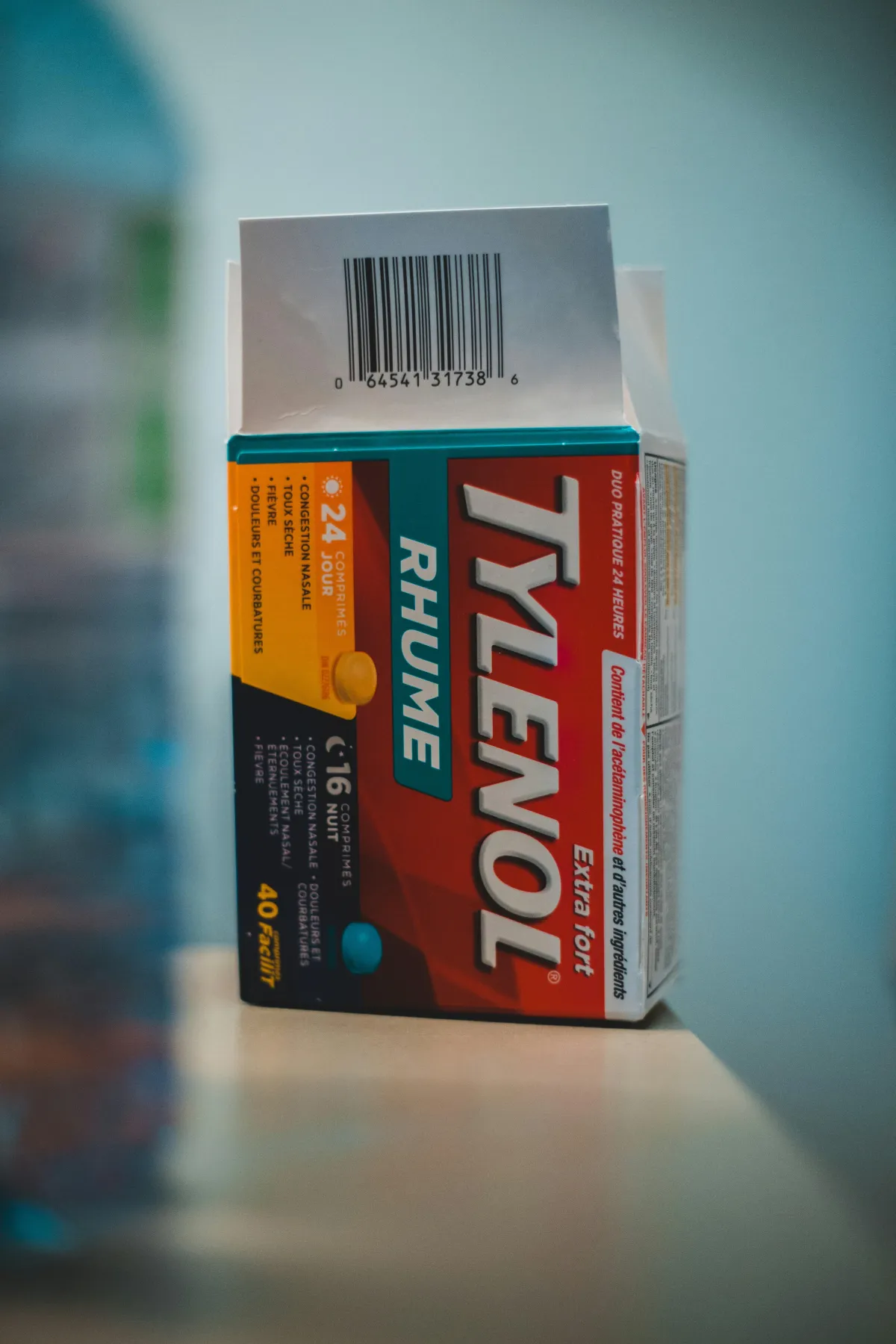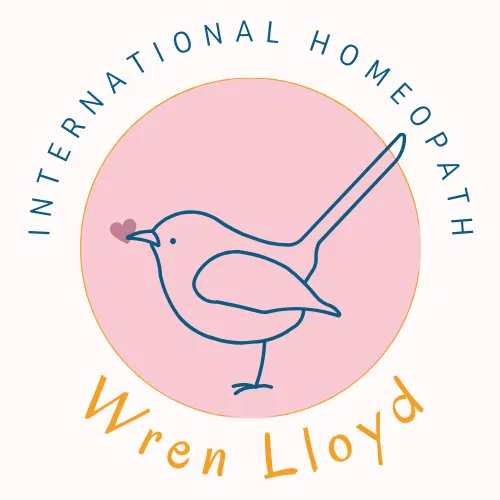
Why Tylenol Can Be Dangerous for Some People—and How Homeopathy Can Help
Why Tylenol Can Be Dangerous for Some People ~ and How Homeopathy Can Help
Tylenol (also known as acetaminophen, paracetamol, or Calpol) is one of the most commonly used over-the-counter medications for pain and fever. It’s widely considered safe when used as directed ~ but for some people, especially those with impaired detoxification capacity, Tylenol can carry hidden risks. These risks often go unnoticed until there’s liver damage, chronic health issues, or worsening of neurological symptoms.
One key factor in Tylenol’s safety ~ or danger ~ is a molecule called glutathione.
The Role of Glutathione in Detoxifying Tylenol
When Tylenol is metabolised in the liver, most of it is safely processed through glucuronidation and sulfation pathways. But a small percentage (about 5–10%) is transformed into a highly toxic compound called NAPQI (N-acetyl-p-benzoquinone imine) via liver enzymes like CYP2E1.
This is where glutathione (GSH) steps in. Glutathione is the body’s master antioxidant and detoxifier. It binds to NAPQI and neutralises it so it can be excreted. If glutathione is in short supply, NAPQI accumulates ~ leading to liver cell damage, oxidative stress, and potentially severe complications.
Genetic Mutations That Impact Glutathione Pathways
Some people naturally have a reduced capacity to make or recycle glutathione due to genetic polymorphisms (SNPs). These include:
GSTM1 and GSTT1 deletions
These genes code for enzymes that help bind glutathione to toxins. If you have a “null” variant (common in many populations), it means you lack this detox function entirely, which puts greater pressure on other pathways.GSS and GSR mutations
These affect the synthesis and recycling of glutathione, limiting how much is available over time.Nrf2 (NFE2L2) variants
This gene helps regulate your cellular antioxidant defences. If under-active, your body may fail to mount a proper response to oxidative stress (like Tylenol exposure).SOD2 (superoxide dismutase 2)
While not directly about glutathione, mutations here increase free radicals, raising the demand on glutathione reserves.CBS, MTHFR, and other methylation-related SNPs
These influence sulphur metabolism, which is essential for making cysteine ~ a building block of glutathione. Impaired methylation can lead to reduced glutathione synthesis.
Autism and Glutathione: A Vulnerable Intersection
Many individuals on the autism spectrum have been found to carry multiple SNPs that affect detoxification and glutathione pathways. Research suggests that autistic people often have:
Lower baseline levels of glutathione
Reduced activity of GST enzymes
Impaired methylation and sulphur pathways (e.g., MTHFR, CBS mutations)
Increased oxidative stress and mitochondrial vulnerability
This means that autistic individuals may struggle more with clearing drugs like Tylenol and be more susceptible to side effects ~ even at standard doses. For some families, there is a noticeable regression or flare in symptoms after Tylenol use, which may be related to this compromised detox ability.
Who Should Be Cautious with Tylenol?
Extra care is warranted for people who:
Have a family or personal history of liver issues
Are on the autism spectrum or have chronic neurological symptoms
Have known GST, GSR, or methylation-related SNPs
Experience high levels of inflammation or oxidative stress
Have a history of mold exposure, heavy metals, or environmental toxicity
Have been chronically ill or had strong reactions to medications in the past
Genetic testing (such as Max Gen's The Works Panel, 23andMe, Ancestry + raw data analysis, or speciality panels) can help identify whether you carry these polymorphisms.
Homeopathic Detox Support for Tylenol Exposure
For individuals who suspect sensitivity to Tylenol or who have a history of frequent use, homeopathy offers a gentle yet powerful option for detoxification. A remedy made from the drug itself ~ Paracetamol 30C or 200C ~ can help the body release the energetic imprint of the substance and support deeper regulation.
Find out more about how to do this well here.
In layered protocols, this is often combined with organ support remedies such as:
Nux vomica ~ for liver strain, irritability, and medication overload [but will antidote some other homeopathic remedies]
Chelidonium ~ for liver healing, sluggishness and right-sided pain [antidotes very few other homeopathic remedies]
Lycopodium ~ for digestive disturbance and liver-gut axis support
Detox should ideally be individualised, and ideally guided by a homeopath familiar with isopathic [homeopathic detox] strategies. In sensitive people, support remedies like drainage agents, emotional supports, or constitutional remedies may also be used to buffer the process and mop up toxins that have been mobilised to help excretion.
See the link above for some basic support.
If you want to know more about homeopathic detox I have a fully supported course for beginners and homeopaths here.
Final Thoughts
While Tylenol remains a trusted household remedy, it's important to recognise that “safe for most” does not mean “safe for all.” If you or your child have known detox challenges, are on the autism spectrum, or have experienced regressions or flare-ups with medications in the past, exploring the role of glutathione and considering homeopathic detox may open the door to better resilience, clarity, and long-term healing.
Feel free to get in touch for more information, for referral to my team or to explore some trainings in this work, whether you are a keen beginner or a homeopath looking to expand your skills with homeopathic detox in sensitive clients.
x
Wren.
https://wrenlloyd.com.
[email protected].

![Wren is an international homeopath based in the UK. She specialises in working with people with autism/ PANS/ PANDAS/ ADHD, mold illness and gut issues internationally.
She has successfully worked with many children and their families worldwide since 2016, using classical homeopathy and homeopathic detox therapy, forming the team International Homeopaths for Autism.
Wren has carried out pioneering work on treating fungi [mold / mould and yeast] illness, especially in the context of autism.
She writes courses for homeopaths and users of homeopathy.](https://storage.googleapis.com/msgsndr/ZXNhQRArkMV3fugK80Gt/media/66917f5166cf9093a2d33917.png)